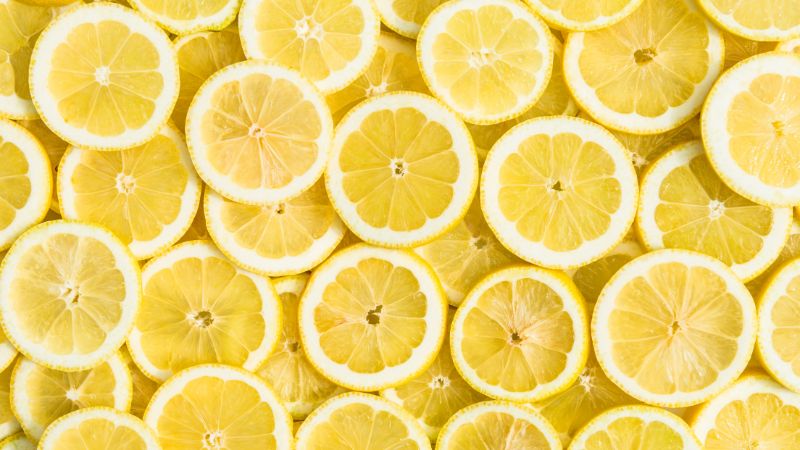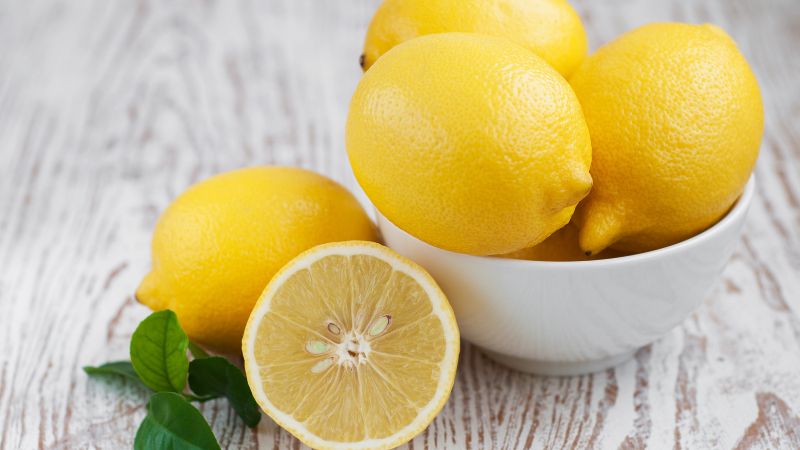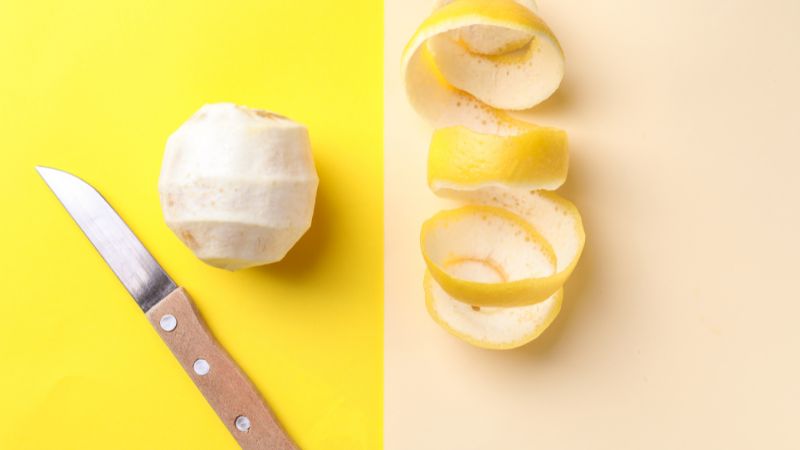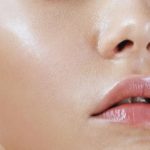Lemon has long been known as a natural, inexpensive, and easily accessible ingredient with a myriad of skin-enhancing benefits. However, improper use of lemons can lead to serious consequences, resulting in skin deterioration. This article aims to highlight common mistakes made when using lemons for beauty treatments, enabling you to avoid them and achieve healthy, glowing skin.
1 Mistakes to Avoid When Using Lemons for Beauty Treatments
 The high acidity level in pure lemon juice can cause skin irritation and burning
The high acidity level in pure lemon juice can cause skin irritation and burning
Using Pure Lemon Juice
To treat acne and brighten the skin, many people turn to pure lemon juice. However, the high acidity level in lemons can cause skin irritation and make the acne-prone areas more inflamed and red. To prevent this, dilute the lemon juice to reduce its acidity. Start by testing it on a small patch of skin, and if no irritation occurs, you can proceed to apply it to larger areas.
Combining Lemon with Yogurt
Mixing lemon with yogurt for skin care is a commonly suggested method. Nevertheless, since both ingredients contain acids, combining them can increase the acidity and cause more skin irritation and burning than usual. A safer approach is to mix a few drops of lemon juice with honey or rose water instead.
 Individuals with dry skin should refrain from using lemon for skin lightening
Individuals with dry skin should refrain from using lemon for skin lightening
Using Lemon for Skin Lightening on Dry Skin
Applying lemon to ameliorate dry skin is a popular method that can sometimes lead to undesirable outcomes. Despite its use in various forms such as baths and face masks, the acidity in lemons can further dry out the skin, leading to flaking, tightness, irritation, and darker skin tone.
For those with dry skin, opting for milk, rice bran, or mung bean-based skincare routines is a more effective solution. These ingredients are gentle and less likely to harm the skin.
Exposure to Sunlight After Lemon Skin Treatment
After any skin treatment, including those involving lemons, the skin needs time to recover and rest. Therefore, it is advisable to perform skincare routines in the evening, just before bedtime, and this recommendation applies not only to lemon treatments but also to other skincare methods. If you step out into the sun immediately after a lemon skincare routine, your skin is more likely to tan, darken, and sustain damage.
2 Precautions When Using Lemons for At-Home Beauty Treatments
 Precautions to take when using lemons for at-home beauty treatments
Precautions to take when using lemons for at-home beauty treatments
-
Lemon-based skin lightening treatments should not be performed too frequently. The acidity in lemons can thin the skin, making it more vulnerable to damage, darkening, and increased sun sensitivity.
-
During the skin lightening process with lemons, ensure you use sunscreen and adequately protect your skin from sun exposure to prevent UV damage.
-
Not all skin types are suitable for lemon-based skin lightening treatments. Oily and combination skin types tend to benefit the most, as the acidity in lemons helps exfoliate and remove excess oil effectively. On the other hand, lemon can further dry out dry skin and strip away its natural protective oils.
-
Lemon juice contains a high concentration of acid, which can irritate sensitive or damaged skin. Therefore, it is recommended to perform a patch test on a small area of skin before applying it to your entire face.
-
To support the regeneration of new, brighter, and softer skin, regular use of a moisturizer is essential to maintain the necessary hydration levels and prevent dryness and flaking.
While lemon-based beauty treatments offer numerous benefits, it is crucial to use them correctly to avoid unwanted side effects. Keep the above precautions in mind to achieve healthy and radiant skin.



































